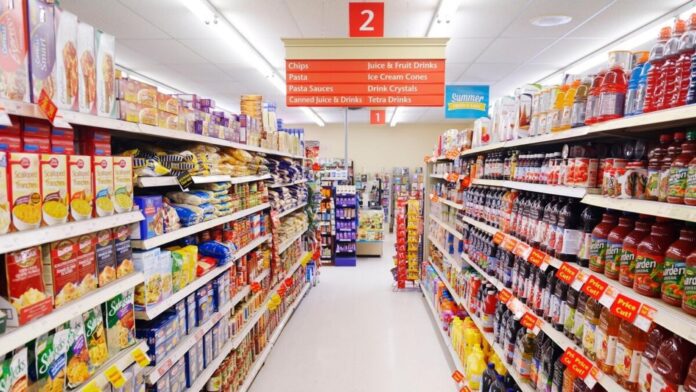In a startling turn of events, expatriates’ grocery bills have surged due to the steep rise in the prices of daily essentials in the Gulf region. The meticulous details of this economic ordeal are as follows:
Expatriates have been grappling with soaring prices of everyday commodities, impacting their daily lives and family budgets. Reports indicate that the prices of regional vegetables in the market have significantly increased, affecting the affordability of vital necessities. The weight of household budgets has intensified as the prices of essential items such as salt, rice, and certain groceries have experienced an upward trajectory. Despite efforts to reduce the weight and cost of goods like cooking oil and sugar, the relentless price increase has disheartened consumers.
Notably, the weight and cost of items like cooking oil and sugar have increased, further burdening the strained family budgets. The expatriate community, predominantly from India, has witnessed a surge in the prices of rice and wheat, adding strain to their financial constraints. Attempts to control the weight and prices of some products have proven futile, leaving consumers struggling to make ends meet.
While there has been a decrease in the weight of certain items like rice and wheat imported from India, the prices have not seen a corresponding reduction. Consumers have expressed dissatisfaction, emphasizing that the supposed benefits of weight reduction have not translated into economic relief. Despite the efforts to regulate the weight and cost of goods, the inflationary trends persist, posing challenges to expatriates’ financial stability.
The current market scenario reveals that the prices of vegetables imported from India, such as rice and onions, have fluctuated. The increase in the weight of certain commodities, coupled with the rise in prices, has led to a double blow for consumers. However, consumer sentiments are mixed, with some expressing relief at the stable prices of essential goods like flour, lentils, and potatoes.
In the present context, the average price of a kilogram of tomatoes is 7.50 dirhams (approximately 170 rupees). Similar prices are observed for vegetables imported from Turkey and Pakistan. The price of onions from China is 12 dirhams (272 rupees), while the cost for Indian onions is 18.50 dirhams (420 rupees). The cost of Indian ginger is 14.50 dirhams (329 rupees), and Chinese ginger is priced at 11.50 dirhams (261 rupees). Sri Lankan coconut, previously available at 1.75 dirhams, has now surged to 2.50 dirhams (56 rupees). Other essentials like bell peppers, long beans, carrots, beetroots, and radishes have also experienced price hikes.
The escalation in grocery prices has not only affected the expatriate community’s daily lives but has also stirred concerns about the overall economic stability in the Gulf region. Consumers are apprehensive about the persisting inflationary trends and the impact on their ability to meet basic needs.
In conclusion, the surging grocery prices in the Gulf region have placed significant strain on the expatriate community’s financial well-being. Despite efforts to control the weight and prices of essential commodities, the reality on the ground reflects a challenging economic landscape. The rising cost of living demands attention from local authorities and expatriate communities as they navigate this turbulent economic uncertainty.





